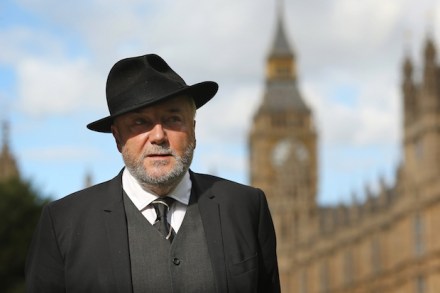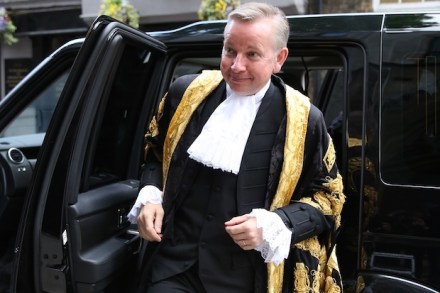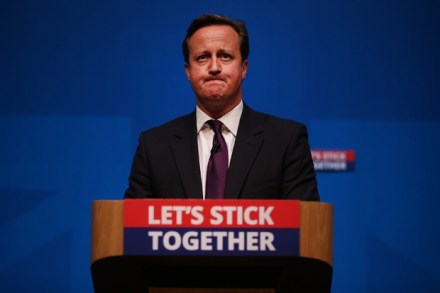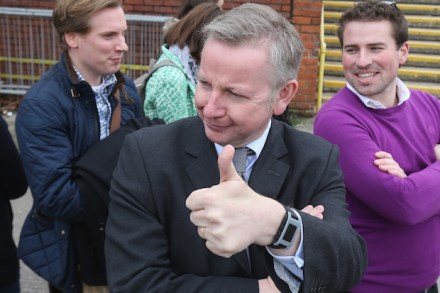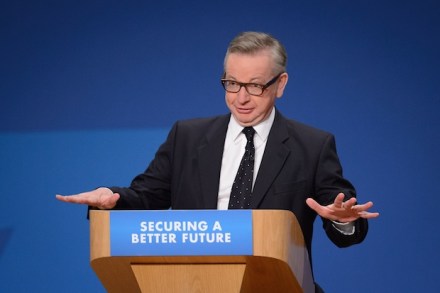Doggy Dispatch: Marriage problems afoot between Osborne and Gove
Could there be trouble in doggy paradise? Sarah Vine has previously revealed that their family dog Snowy (a Bichon ‘ish’ dog, who was the runner up in the Westminster Dog of the Year, 2015) is ‘married’ to Lola, George Osborne’s bichon frise. But could it be that Lola has been forced into this canine partnership? Word reaches Steerpike that Osborne’s pedigree pup is having difficulty interacting with other dogs. Mr S’s newshound says that she is regularly spotted being taken for walks in St James’s Park, where it has been noticed that Lola has a fear of other dogs. Perhaps it’s best not to expect a litter of Tory puppies any time soon.




